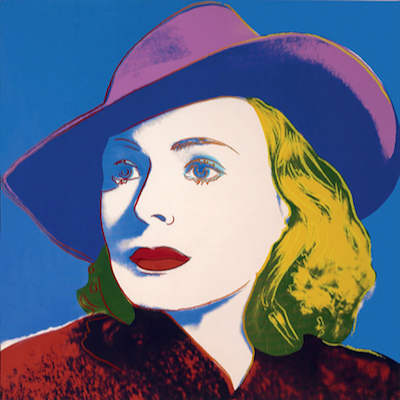
Details
Artist
Styles
Screen print, printed on 490 gram smooth custom paper // Feng Zhengjie’s Chinese Portrait (c) is a vibrant screen-print that exemplifies his exploration of contemporary Chinese identity through surreal portraiture. The artwork features a stylized portrait of a woman with bold, saturated red hair and striking red lips against a glowing background. Her eyes, partly obscured, add a sense of detachment and mystery, which is characteristic of Feng's work, often critiquing societal standards of beauty and identity. The intense color contrasts and smooth gradients create an almost neon effect, giving the piece a pop-art feel. Limited to an edition of 200, this print merges traditional portraiture with modern aesthetic influences, making a statement on cultural identity in a rapidly evolving society.
Chinese Portrait (c), 2008
form
Medium
Size
81 x 81 cm
- Inches
- Centimeters
Edition
Price
- USD
- EUR
- GBP
Details
Artist
Styles
Screen print, printed on 490 gram smooth custom paper // Feng Zhengjie’s Chinese Portrait (c) is a vibrant screen-print that exemplifies his exploration of contemporary Chinese identity through surreal portraiture. The artwork features a stylized portrait of a woman with bold, saturated red hair and striking red lips against a glowing background. Her eyes, partly obscured, add a sense of detachment and mystery, which is characteristic of Feng's work, often critiquing societal standards of beauty and identity. The intense color contrasts and smooth gradients create an almost neon effect, giving the piece a pop-art feel. Limited to an edition of 200, this print merges traditional portraiture with modern aesthetic influences, making a statement on cultural identity in a rapidly evolving society.
- Recently Added
- Price (low-high )
- Price (high-low )
- Year (low-high )
- Year (high-low )
What is pop-art?
Pop Art is an art movement that began in Britain in 1955 and in the late 1950s in the U.S. It challenged traditional fine arts by incorporating imagery from popular culture, such as news, advertising, and comic books. Pop Art often isolates and recontextualizes materials, combining them with unrelated elements. The movement is more about the attitudes and ideas that inspired it than the specific art itself. Pop Art is seen as a reaction against the dominant ideas of Abstract Expressionism, bringing everyday consumer culture into the realm of fine art.












